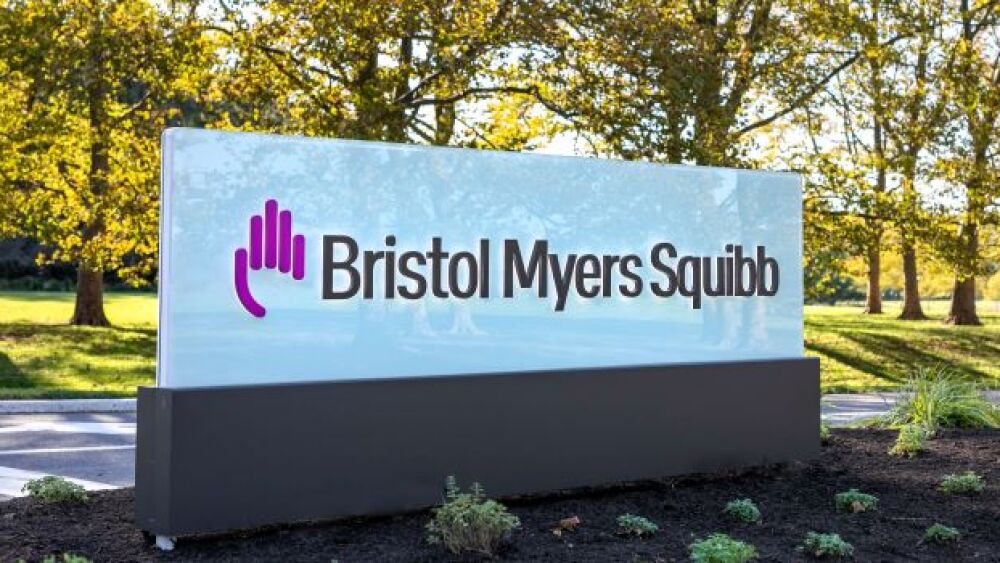The new study findings may pave the way for Bristol Myers Squibb to receive additional approval for Breyanzi in a vulnerable patient population.
Breyanzi showed strong results in the phase III trials. (Photo courtesy of Bristol Myers Squibb)
Topline results from a Phase III study show Bristol Myers Squibb’s Breyanzi (lisocabtagene maraleucel) significantly improved survival and response better than standard-of-care salvage therapy with high-dose chemotherapy and transplant in patients with relapsed/refractory large-B cell lymphoma.
The study therapy – Breyanzi – is a CD-19 directed chimeric antigen receptor (CAR) T cell therapy from Bristol Myers Squibb that received U.S. Food and Drug Administration approval in February for relapsed/refractory diffuse large-B cell lymphoma.
Bristol Myers Squibb acquired Breyanzi when it bought Celgene for $74 billion in 2019. Just last week, it was reported that a lawsuit was filed over the company’s failure to meet a $9 Contingent Value Rights agreement associated with the Celgene merger and regulatory approval of lisocabtagene maraleucel.
The company noted that the failure to meet the Dec. 31 deadline was mostly related to the COVID-19 pandemic. UMB Bank NA filed the lawsuit against Bristol Myers Squibb on behalf of the shareholders, accusing the company of breaching the CBR agreement.
But despite the legal issues, the new study findings reported today may pave the way for Bristol Myers Squibb to receive additional approval for Breyanzi in a vulnerable patient population. In patients with relapsed/refractory large-B cell lymphoma, the gold standard of care is typically salvaged therapy and subsequent high-dose chemotherapy with hematopoietic stem cell transplant (HSCT).
In the Phase III TRANSFORM study, however, researchers compared the efficacy of Breyanzi with the gold standard treatment when administered in the second-line setting in adult patients with relapsed/refractory large-B cell lymphoma.
An independent review committee conducted a pre-specified interim analysis and found the study met its primary endpoint, showing Breyanzi led to clinically meaningful and significant improvements in event-free survival, complete response rate, and progression-free survival compared with standard of care.
While these findings appear promising, the overall survival data at the time of the interim analysis were immature. In terms of safety, the investigators reported that the observed events were generally consistent with the therapy’s known safety profile in the third-line setting for large-B cell lymphoma. Additionally, the researchers found no new safety concerns with the therapy when given in the second-line setting.
Noah Berkowitz, M.D., Ph.D., senior vice president of Bristol Myers Squibb’s Hematology and Cell Therapy Development, said in a statement, “These positive interim results build on our commitment to bring CAR T cell therapies into earlier lines and highlight the potential of Breyanzi to transform the treatment paradigm for this difficult-to-treat disease, possibly supplanting the need for patients to undergo current aggressive treatment regimens.”
The findings from the TRANSFORM trial show that for the first time, treatment has an advantage over the standard of care high-dose chemotherapy and HSCT in relapsed or refractory large-B cell lymphoma. In addition, the study is the first to show the potential of a CD19-directed CAR T cell therapy as a second-line agent in these patients.





